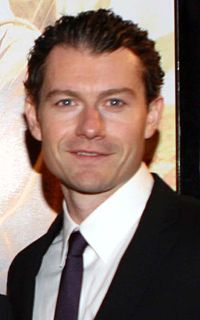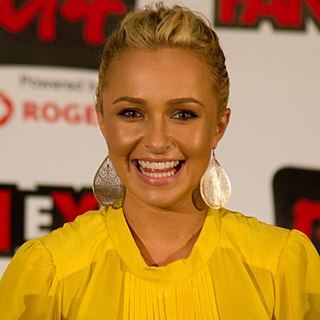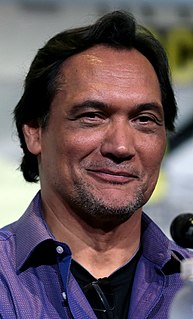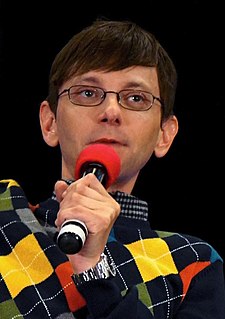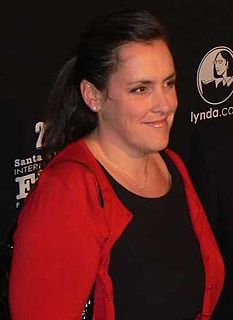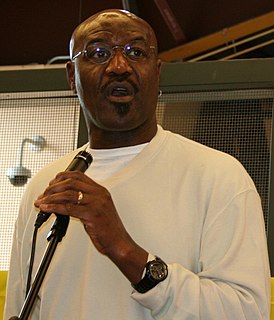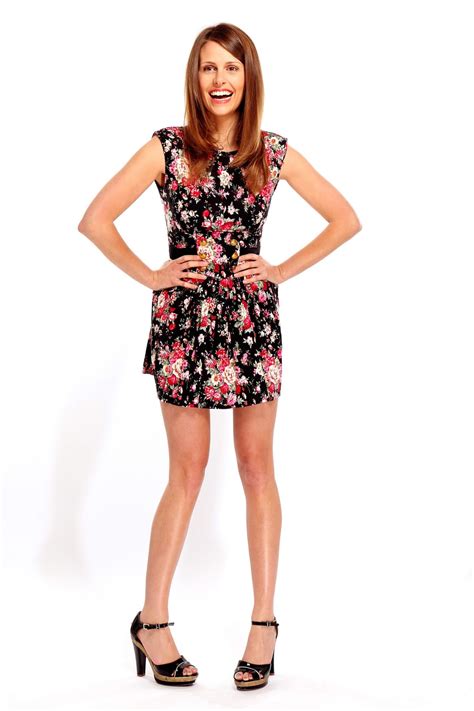A Quote by Matt Groening
A lot of American shows don't last for as long as 12 episodes. They get cut after one. But certainly one of the great things about The Office in particular was that there was a beginning, a middle and an end.
Related Quotes
That's the one thing I say about the great British shows. You know, I see it on the series on HBO where the season is shortened to like 12 or 6 or whatever it is. You know there's a reason why there's a quality behind that. Because I think the writers as well as the crew and the cast do get burnt out after doing continuous episodes after and over and it feels like a factory rather than something of a creative process. And we get tapped out. That's just my opinion.
The last thing I'd say is that you can achieve a lot of things in politics. You can get a lot of things done. And that, in the end - the public service, the national interest: that is what it's all about. Nothing is really impossible if you put your mind to it. After all, as I once said: I was the future once.
I like to shoot scenes where I can see the beginning, middle and end of the entire scene. But, when you edit a movie together, you can just cut right into the middle. You don't need to see them walk into the room and put their jacket on the chair. There's always a lot of shoe leather that you can remove.
I let myself go at the beginning and write with an easy mind, but by the time I get to the middle I begin to grow timid and to fear my story will be too long. . .That is why the beginning of my stories is always very promising and looks as though I were starting on a novel, and the middle is huddled and timid, and the end is...like fireworks.
Man no longer lives in the beginning--he has lost the beginning. Now he finds he is in the middle, knowing neither the end nor the beginning, and yet knowing that he is in the middle, coming from the beginning and going towards the end. He sees that his life is determined by these two facets, of which he knows only that he does not know them
A film has a beginning, middle, and an end. There is a certain amount of time that you have to embody these people. You know the entire story arch. But on TV, you have to let your guard down. You don't know how long the show is going to last. There is this excitement that comes with developing a character long-term.

